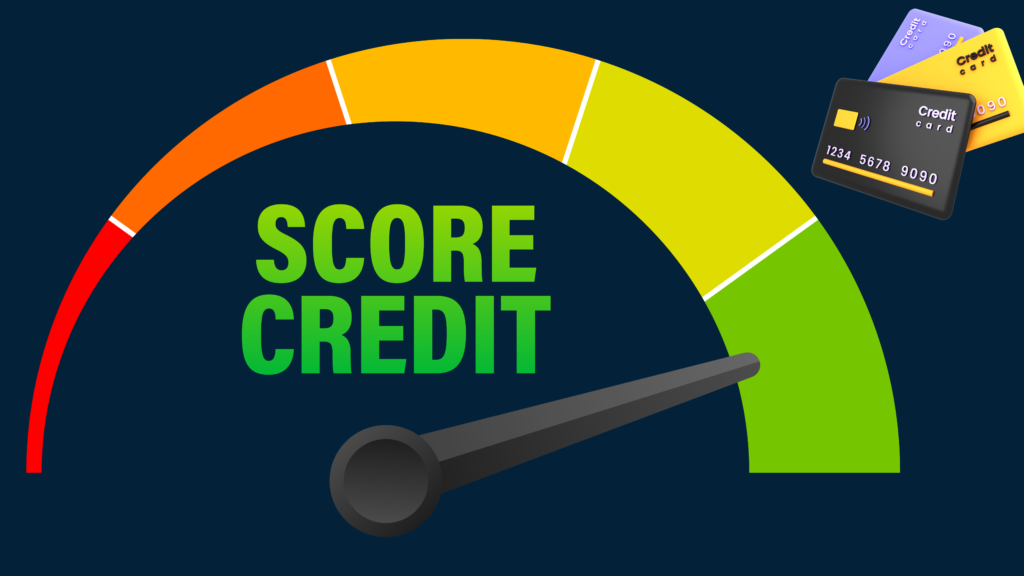Strategies for Responsible and Effective Credit Card Use
How to Use Credit Cards Strategically for Business Success. Credit cards can be a valuable asset for businesses, offering convenience, rewards, and the potential to improve your credit score. However, they can also lead to debt and financial problems if not used responsibly. In this comprehensive guide, we’ll explore the pros and cons of credit card use for businesses, provide tips for using them wisely, and discuss common credit card mistakes to avoid.

Understanding Credit Cards for Business
A business credit card is a type of credit card issued to a business entity. It allows you to make purchases on credit, essentially borrowing money from the issuer. Like personal credit cards, business credit cards typically have an interest rate and may charge fees for certain activities, such as late payments or cash advances.
Benefits of Using a Business Credit Card
- Convenience: Credit cards are widely accepted, making it easy to pay for business expenses, from supplies to travel.
- Rewards: Many credit cards offer rewards programs, such as cashback, airline miles, or hotel points, which can provide value for your business.
- Building Credit: Consistent on-time payments can help improve your business’s credit score, making it easier to obtain loans or financing in the future.
- Purchase Protection: Some credit cards offer extended warranties and purchase protection, which can save you money in case of product defects or damage.
- Emergency Funding: Credit cards can provide a source of emergency funding in case of unexpected expenses, such as equipment repairs or employee emergencies.

Potential Drawbacks of Credit Card Use
- High Interest Rates: Credit card interest rates can be high, especially if you carry a balance. If you’re unable to pay off your balance in full each month, interest charges can quickly accumulate.
- Debt Accumulation: Overspending and carrying a balance can lead to debt accumulation, which can strain your business’s finances.
- Fees: Some credit cards charge annual fees, late payment fees, foreign transaction fees, and other charges, which can add to the cost of using the card.
- Negative Impact on Credit Score: Late payments or high credit utilization can damage your business’s credit score, making it more difficult to obtain loans or financing in the future.
- Complex Terms and Conditions: Credit card agreements can be confusing and difficult to understand, so it’s important to read the fine print carefully.
Best Practices for Using Credit Cards for Business
- Pay Off Your Balance in Full Each Month: This is the most effective way to avoid interest charges and build credit.
- Track Your Spending: Monitor your credit card transactions to stay on top of your expenses and avoid overspending.
- Set Spending Limits: Establish spending limits for your credit card to prevent excessive spending.
- Use Rewards Wisely: Maximize the benefits of rewards programs without overspending.
- Understand the Fine Print: Read and understand the terms and conditions of your credit card agreement, including interest rates, fees, and rewards programs.
- Avoid Applying for Too Many Cards: Too many credit card applications can hurt your credit score.
- Don’t Use Your Card for Cash Advances: Cash advances typically have high fees and interest rates.
- Consider a Business Credit Card with a Lower Interest Rate: If you need a credit card to finance business expenses, look for one with a low interest rate.
- Use a Credit Card Monitoring Tool: A credit card monitoring tool can help you track your spending, identify fraudulent activity, and receive alerts for important events, such as upcoming payments or changes to your credit limit.
- Be Cautious of Introductory Offers: Introductory offers, such as 0% APR for a certain period, may have hidden terms or limitations.
Common Credit Card Mistakes to Avoid
- Carrying a Balance: Avoid carrying a balance on your credit card to minimize interest charges.
- Overspending: Set spending limits and stick to them to avoid overspending and debt accumulation.
- Missing Payments: Make sure to pay your credit card bill on time to avoid late fees and damage to your credit score.
- Using Your Card for Cash Advances: Cash advances typically have high fees and interest rates.
- Ignoring the Fine Print: Read and understand the terms and conditions of your credit card agreement to avoid surprises and fees.
- Applying for Too Many Cards: Too many credit card applications can hurt your credit score.
Credit cards can be a valuable tool for businesses, but they must be used responsibly to avoid the pitfalls of debt and financial problems. By following these best practices and avoiding common mistakes, you can maximize the benefits of credit card use and help your business grow.


